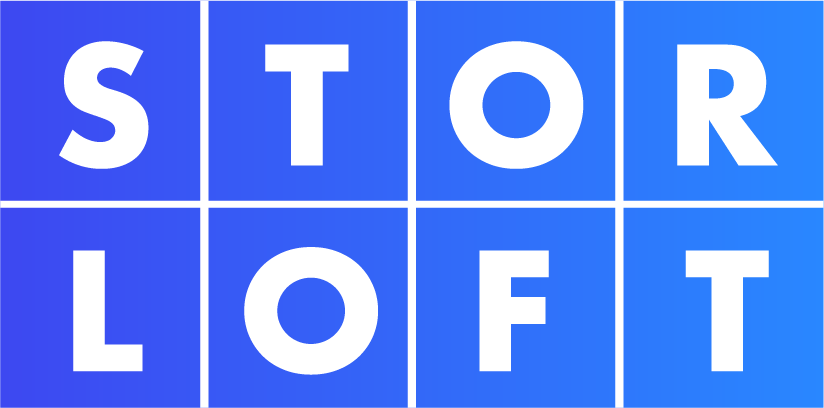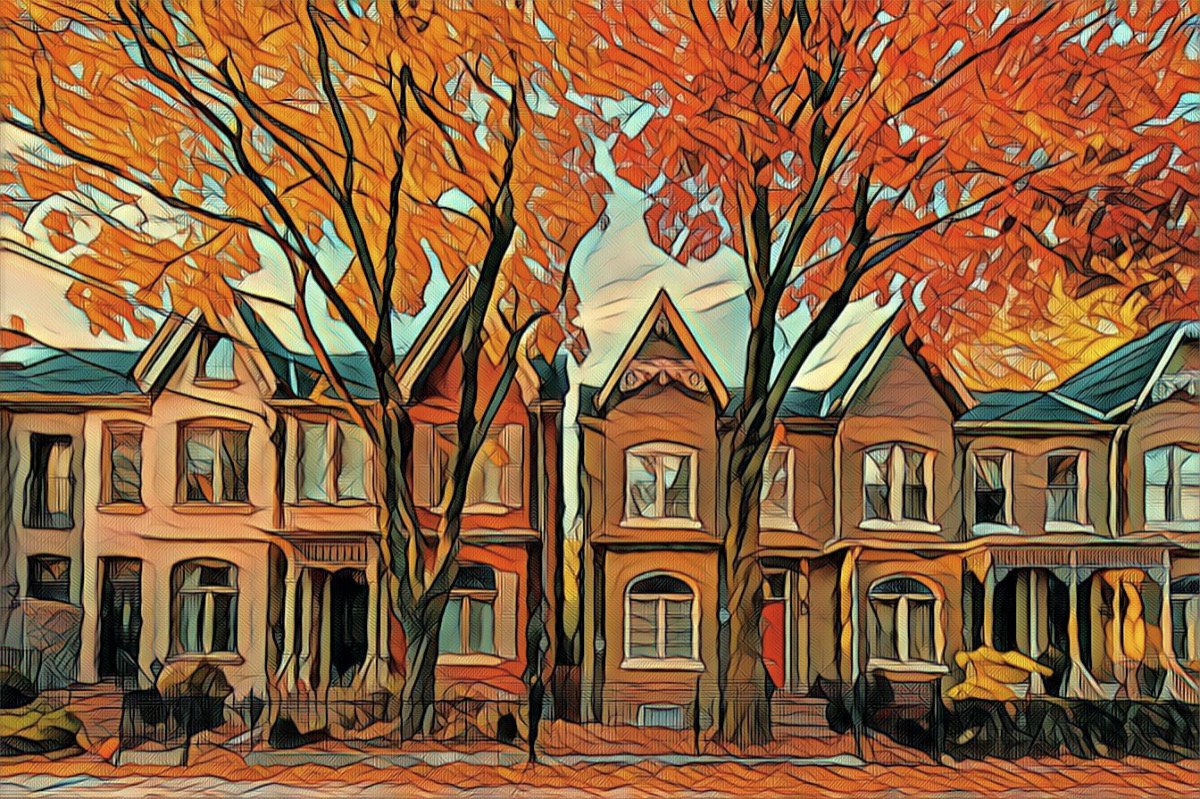How to Buy a Home
If you have been thinking about how to buy a home, you will probably feel overwhelmed by how much there is to learn and how expensive the process can be. But maybe you haven't started looking for homes yet because it all seems like such a huge commitment.
While buying a new house is not something that should be done without careful thought, chances are that once you take the plunge, it won't seem as frightening as you originally expected. By keeping some of these things in mind and getting your finances and paperwork organized ahead of time, how to buy a home can actually go pretty smoothly.
In this analysis, we are going to skip that you likely already have a downpayment and are ready to buy.
1) Finding a home
What do you need in a home?
Once you've made the decision to buy a home, the first thing you'll need to do is decide on the things you need in your home.
Are you buying a condo or a house?
How many bedrooms do you need?
How many bathrooms?
Does your home need to be detached?
Do you require parking?
Do you want a bungalow or 2 stories?
Do you need a large backyard?
Do you need public transit or will you drive everywhere?
Do you have any other special features your home must have?
All of these details are important because how to buy a home can become pretty complicated if the specific only sorta meets only some of your requirements. For example, will how to buy a condo be different than how to buy a house? Will how to buy with no money down work if you're not buying in the city?
It's easy for how to find a home or how do I find my dream home to sound overly simple, but finding the right place is an extremely tough process and it may take quite a while before you've found the perfect place.
How are homes priced?
There is no standard pricing model for homes. It varies greatly from city to urban, and from province to province. Here is our pricing model for Toronto:
Starting with a one-bedroom condo: 600,000
Upgrade to a two-bedroom home: add 300,000
Upgrade to a detached home: add 100,000
Upgrade to a three-bedroom: add 100,000
Upgrade to a two-bathroom: add 100,000
Upgrade to a driveway: Add 100,000
Upgrade to a new-build home: add 300,000
Upgrade to a view (Ravine or water): add 300,000 to 500,000
After all that, you're left with a new build home with a view for a least 1,800,000+ in 2022.
Our pricing model is based on Toronto prices. But the prices will be similar if you are looking for inspiration in Montreal, North Vancouver, Calgary, Mississauga, Scarborough, or Maple Ridge.
2) Finding a Realtor
You'll need to make a decision between using a realtor to find your home vs doing it yourself is the best option for you. When you are buying a home, it usually makes the most sense to use a realtor since the realtor is paid by the seller not the buyer.
A realtor will...
Know if you will be overpaying and strategies you should take during the purchase
Help you find a lawyer and home inspector to finalize the sale
Bug the selling realtor to make the sale
Doing it yourself gives you...
flexibility to shop around and not worry about being pressured into buying
3) Making An Offer
An offer is a written document your realtor, or the selling realtor, will fill out with you and submit to the seller for review. it usually includes:
A Purchase Price
Terms (like inspection)
A downpayment (not your home downpayment)
A decision is usually made on an offer within 24 hours. It is also common for sellers to refuse all offers until a specific date, where all offers will be submitted. This is usually done to make the decision process easier for the seller.
4) Closing Costs
Once you purchase your home, there are a few things that need to happen before moving day. Below is the list of closing costs you'll need to start on as soon as your purchase contract is signed.
Inspection Fees
Lawyer Fees
Property Taxes
Utilities
Home Insurance
Inspection Fees
If an inspection is part of your closing conditions, your realtor should be able to recommend someone good. They usually cost between $300-$500 dollars to inspect your home. They also have a designation, so if you are looking for someone who is reputable, make sure that you ask if the person has a designation.
Lawyer Fees
You'll need a lawyer for three reasons.
Ensuring there are no liens: Liens are public records and it's simple to determine if one exists on your property or anyone else’s. In Canada, your lawyer will search by address with the provincial house registration online. The search for liens is free and you may need to wait a few days for the report to arrive to you: Ontario
Finalize the purchase documents. At this point, you'll have agreed to buy a house and given the seller a small deposit (usually 3-5 thousand) to secure your purchase. Your Lawyer will create these documents and coordinate with the seller's lawyer for signatures.
Escrow. On the day of your purchase, you'll need a 3rd party to facilitate the swap of the money from your mortgage lender (usually your bank) and the key to the home.
Property Taxes
You'll be required to pay property taxes for the portion of the year that the house is yours. Once your lawyer submits your homeownership documents, your municipality will evaluate the property taxes you own on your home for the remainder of the year and send you a bill.
Utilities
Your city utilities will switch over automatically, but for hydro, gas, internet, and cable, you'll need to call your provider and have them either switched into your name (hydro and gas) or set up new services (internet and cable).
Home Insurance
Home insurance is a requirement of your mortgage, so make sure you get this one set up immediately. The average home insurance cost in Canada is around $1,300.
5) Moving Day
Before moving day, you'll want to start moving your belongings into a storage facility. A small home can be moved by a few people in a day (a big day), but if you have fewer people or a larger home moving is a multiple-day project. The average storage facility is $150 be a month for a 5x5, which is a reasonable price when you consider how much work and stress moving is.
Conclusion
In conclusion, buying a home is expensive. It requires you to have money saved up for a down payment and sometimes for the closing costs as well. You need to ensure you have all your documents in order, as any error on your forms will result in a major headache with the bank, not to mention how much it'll cost you in fees. Following this guide will make your new home much easier.




